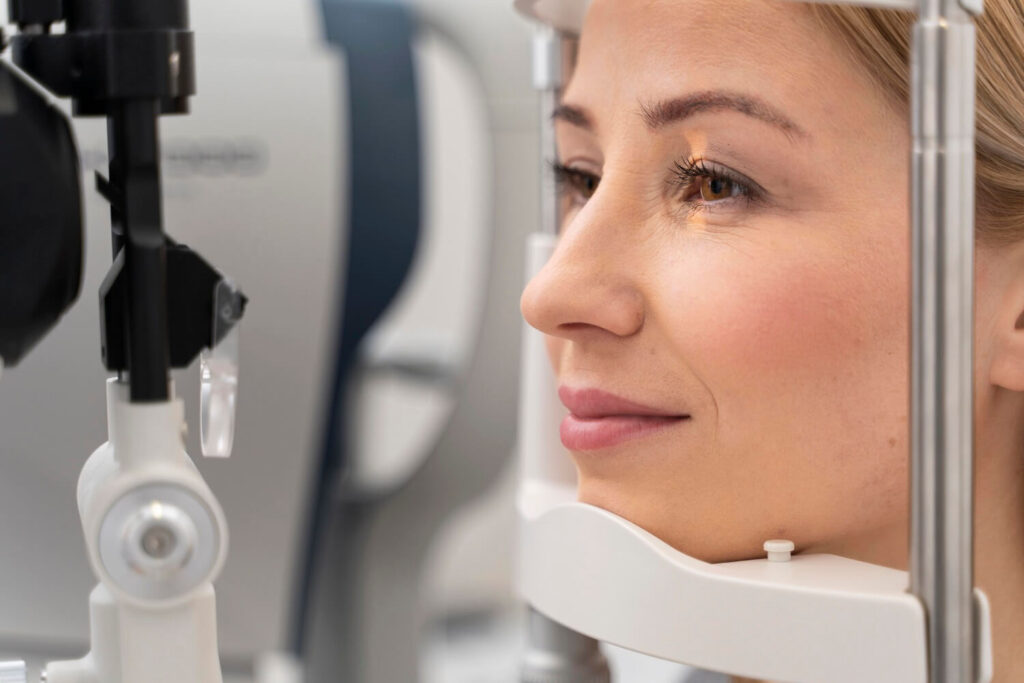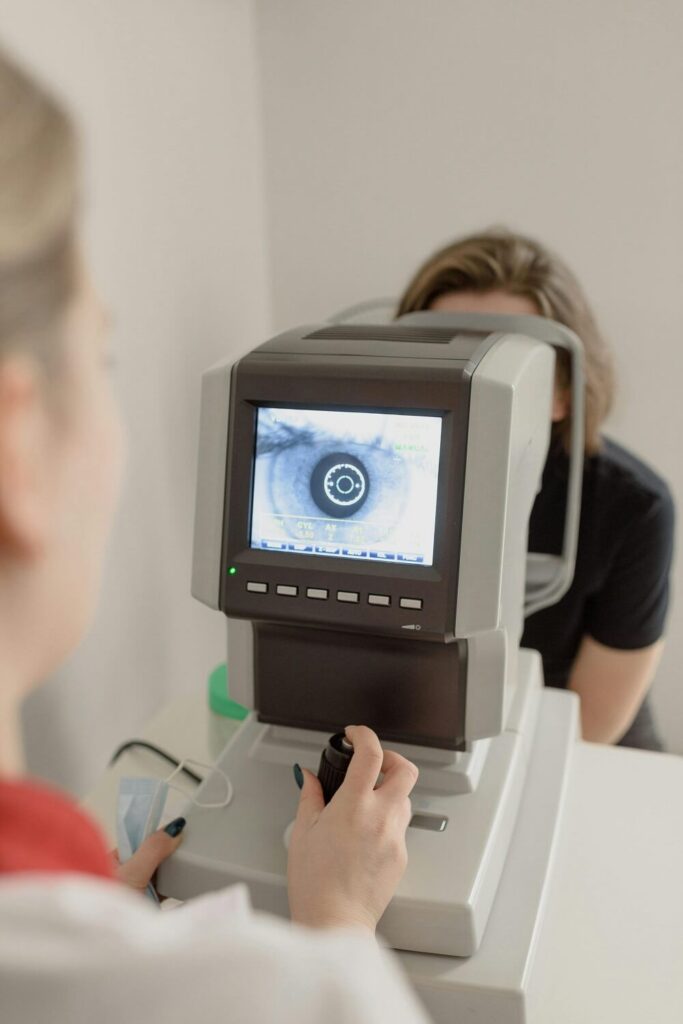Posted: 22/09/2024
National Eye Health Week – 23 to 29 September 2024
Reading Time: 3 minutes
Keeping Britain’s Eye’s Healthy
National Eye Health Week, which runs from 23 to 29 September, is the biggest and most effective independent public Eye Health campaign in the UK, sharing important eye care advice with tens of millions of people every year. However, there are still many in optics who are missing the opportunity to join the conversation and shout about the vital role eye care practitioners play in keeping Britain healthy.
The Importance of Eye Health
Our eyes are incredibly complex and vital organs that allow us to experience the world in vivid detail. Maintaining good eye health is essential for overall well-being and quality of life.
Understanding Eye Anatomy
The human eye is a sophisticated structure composed of several parts, including the cornea, lens, retina and optic nerve. Each component plays a crucial role in capturing and processing light to create images we see. The cornea and lens focus light onto the retina, which converts it into electrical signals sent to the brain via the optic nerve.

Common Eye Conditions
Dry Eye. This condition occurs when the eyes do not produce enough tears or the tears evaporate too quickly. Symptoms include irritation, redness and blurred vision.
Cataracts. A cataract is a clouding of the eye’s lens leading to decreased vision. Over half of those over 65s have some cataract development and most cases can be treated successfully with surgery.
Glaucoma. This group of eye conditions damages the optic nerve, often due to high eye pressure. If left untreated it can lead to total loss of sight. You can lose as much as 40 per cent of your vision before you notice your vision has changed.
Age-Related Macular Degeneration (AMD). AMD affects the central part of the retina (macula) and is a leading cause of vision loss of older adults. It is Britain’s leading cause of blindness affecting around 700,000 people across the UK.
Retinal Detachment. This is when the thin layer at the back of your eye (retina) becomes loose from the tissues that ordinarily support it.
Diabetic Retinopathy. This is a complication of diabetes, caused by high blood sugar levels damaging the back of the eye. It can cause blindness if left untreated.
Looking After Our Eyes
It is extremely important to look after our eyes in order to maintain our vision and prevent eye disease, and below are some helpful tips to maintain our eye health:
Regular Eye Exams. Adults should have a comprehensive eye exam every 2 years, or more frequently if they have risk factors such as diabetes or a family history of eye disease.
Healthy Diet. Consuming a diet rich in fruits, vegetables and omega-3 fatty acids can support eye health. Foods like spinach, kale and fish are particularly beneficial.
Protective Eye Wear. Wearing sunglasses that block UV rays can protect your eyes from harmful sunlight. Additionally, using safety glasses during activities that pose a risk of eye injury is essential.
Limit screen time. Prolonged exposure to screens can cause digital eye strain. Following the 20.20.20 rule; every 20 minutes, take a 20 second break and look at something 20 feet away.
Stay Hydrated. Drinking plenty of water helps maintain the moisture balance in your eyes reducing the risk of dry eye symptoms.

Failure in Care Procedures
Even if we do everything in our power to look after our eye health, failings in care provided by practitioners, whether this is an optician or in a hospital setting, whether NHS or private, can cause irreparable damage to our eyes.
In such circumstances, you may be able to make a claim for medical negligence. Claims can be pursued if mistakes are made with the following:
- Treatment of foreign bodies to the eye or when there has been trauma to the eye;
- Treatment of glaucoma;
- Treatment of retinal detachment;
- Laser eye surgery;
- Ophthalmic surgery, such as cataract surgery;
We have significant experience in pursuing claims in respect of damage to the eyes and vision loss; a current case in respect of which we have been able to secure admissions and compensation involves delay in diagnosis of retinal detachment. Due to the delay in diagnosis, the retinal detachment was able to extend to the macula, which was resulted in permanent vision loss. Had the client received appropriate care, the retinal detachment would have been treated before the macular involvement and he would have returned to normal vision.
If you would like to speak to one of our experienced team, please contact Williamsons at 01482 323697.
FRIENDLY, EFFICIENT LEGAL ADVICE
We’re ready to chat when you are
Drop us an email or give us a call for a no obligation chat to see if we can help.